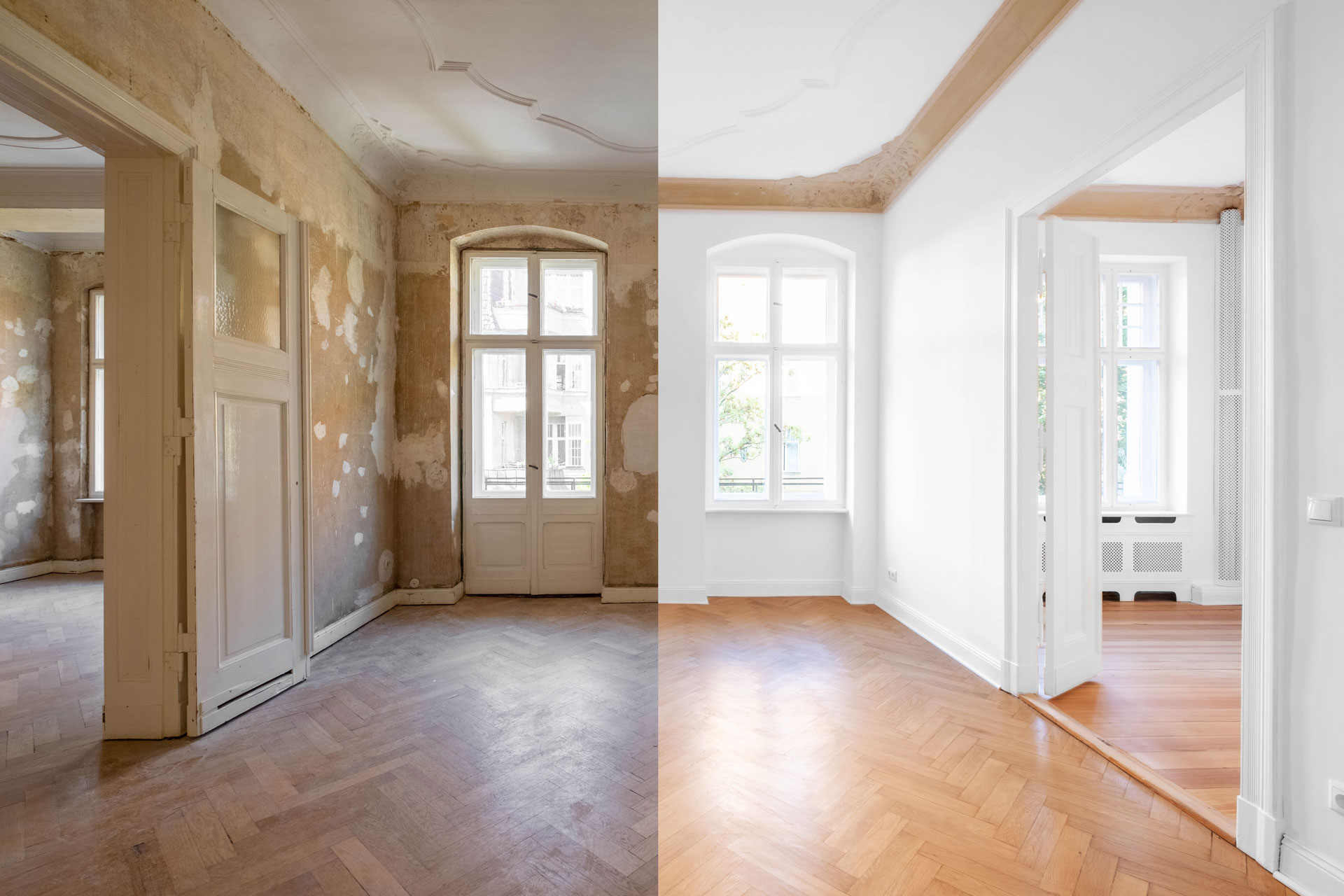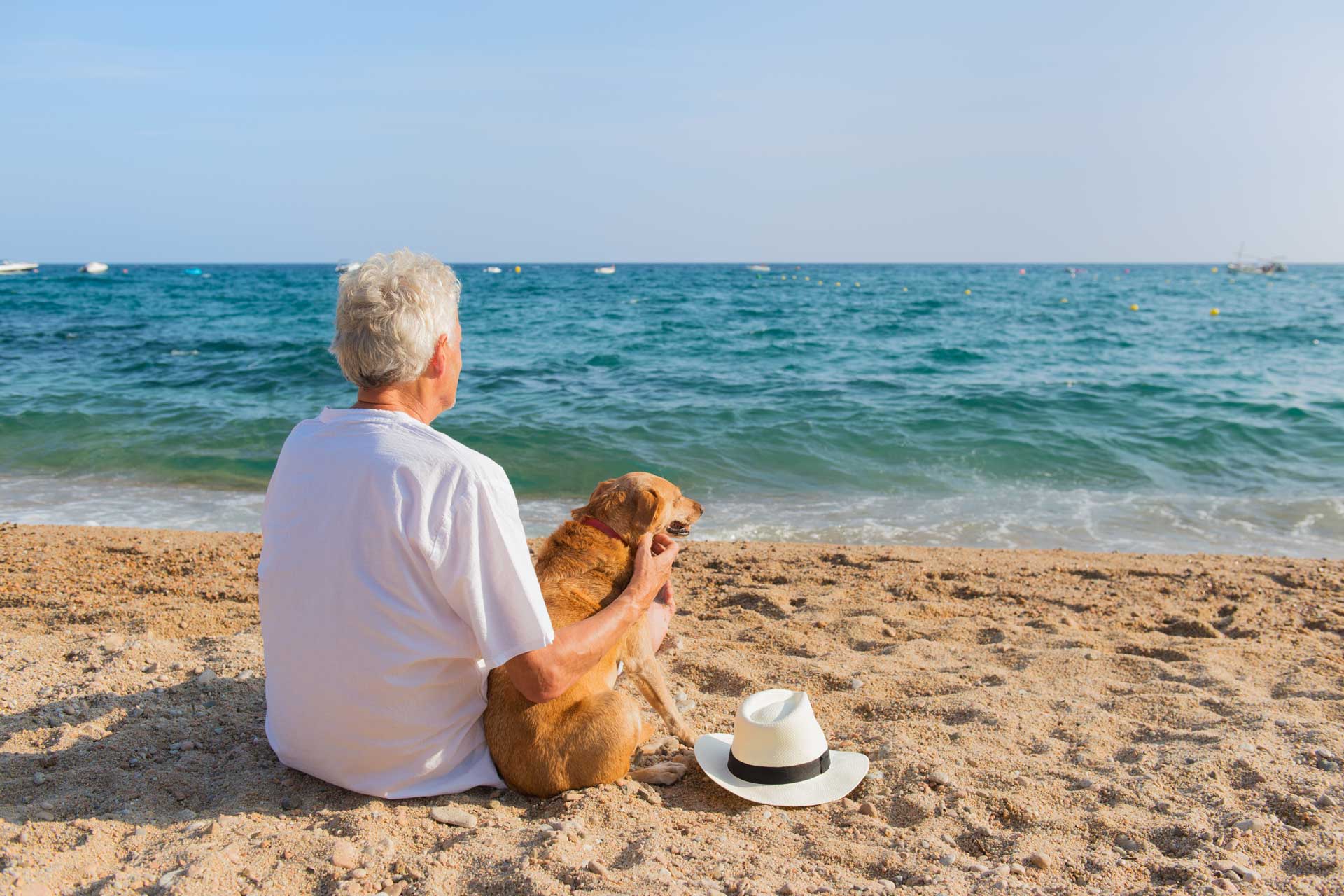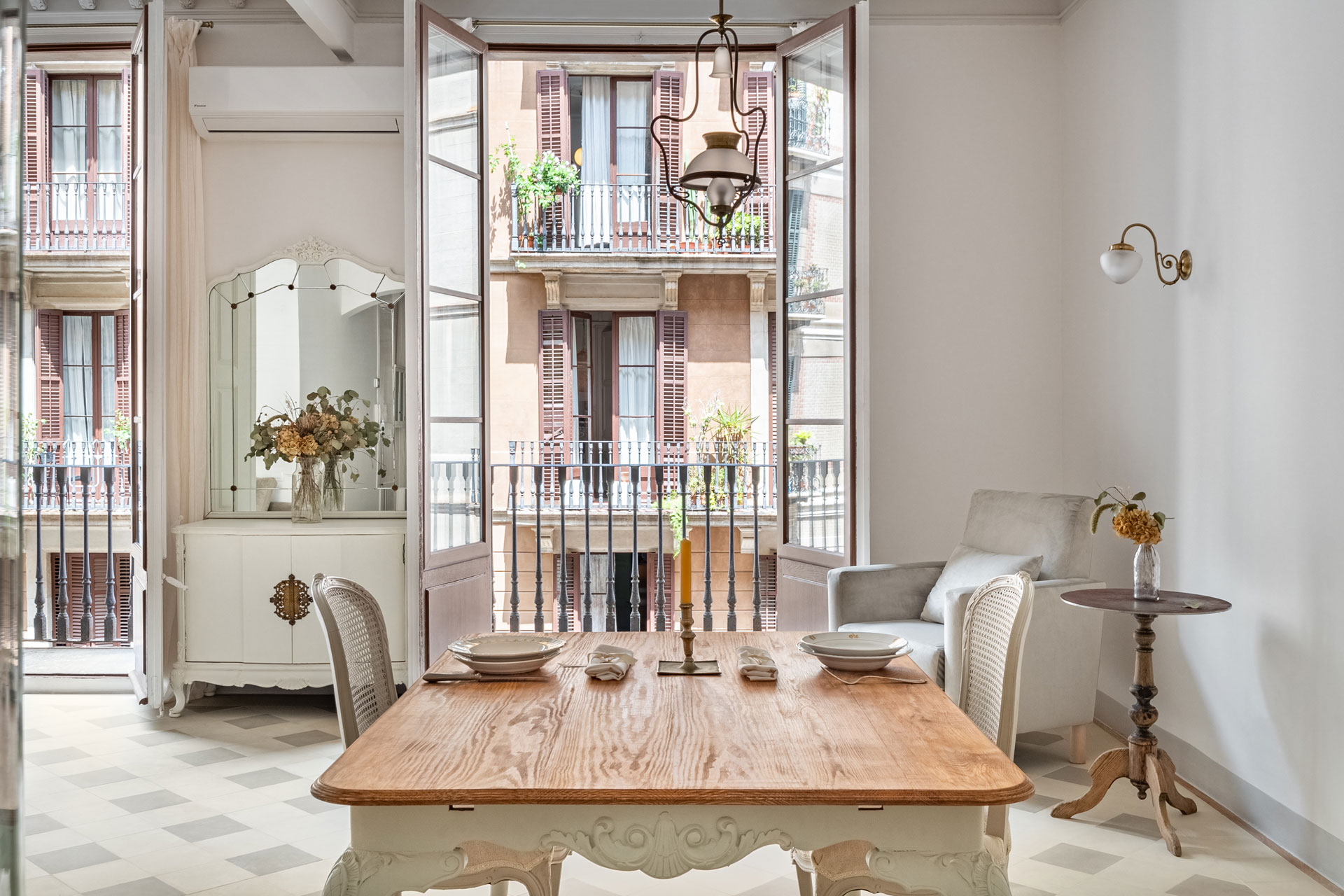If you’re dreaming of a slower rhythm of life, sunny mornings, and meaningful days in a Mediterranean city, Spain remains one of the most welcoming destinations for retirees from the US, Canada, and beyond. Yet behind the daydream, practical questions arise: What visa should I apply for? Can I buy or rent a home easily? How much do I really need to live comfortably?
This guide brings clarity to each of those questions. It’s written for people like you—those who’ve worked hard, value stability, and want to make their move abroad with confidence. You’ll find here the information about how to Retire in Spain 2025: Visa Process, Housing & Living in Valencia, and what everyday life feels like once you settle in Valencia, one of Spain’s most balanced and livable cities.
Understanding the Spain Non-Lucrative Visa 2025
The Non-Lucrative Visa is the most common way for non-EU citizens to retire in Spain. It’s often referred to simply as the “retirement visa.” It allows you to live legally in Spain, travel freely across the Schengen area, and renew your residency as long as you continue to meet the requirements. The main condition: you must be financially self-sufficient and not work or receive income from Spanish sources.
In 2025, to qualify, you need to prove a stable annual income or savings equivalent to at least €28,800 per year for the main applicant. For each dependent—spouse or child—you must add about €7,200 per year. These figures are based on 400% and 100% of Spain’s IPREM (a government reference index).
You’ll also need private health insurance that covers you fully in Spain without co-payments, a medical certificate confirming good health, and a background check from your country of residence showing no serious criminal record. A valid passport, recent photos, and proof of accommodation in Spain (a rental contract or property deed) complete the file.
Applications are made through your nearest Spanish consulate in your home country, and processing typically takes one to three months. Once approved, you’ll receive a visa to enter Spain and must apply for your residence card (the TIE) within 30 days of arrival. The first permit lasts one year, then renews for two years, and after five years of continuous residency, you can apply for long-term residence.
Renting a Home for Your Retirement in Spain
For most retirees, renting first makes sense. It allows you to test neighborhoods and lifestyles before deciding whether to buy. In Valencia, long-term rentals for a comfortable one- or two-bedroom apartment range roughly between €1,000 and €2,000 per month depending on the area. Neighborhoods like Ruzafa, El Carmen, and El Ensanche offer character and walkability, while suburbs like Bétera, Rocafort, or L’Eliana provide tranquility and space.
Most leases run for 11 or 12 months and can be renewed. Landlords often request one or two months’ deposit and from two to six months’ proof of solvency, which your visa income documentation already covers. If you have pets, always mention them early—many owners accept dogs or cats, especially for longer rentals, though some may ask for an extra pet deposit or require pet insurance.
Renting also satisfies the visa’s accommodation requirement, as you’ll present your signed lease to the consulate as part of your application. Our clients often find that starting with a rental home brings peace of mind: it removes time pressure and lets them adjust gradually to their new surroundings.
Buying a Home in Spain as a Retiree
If you’re ready for a more permanent move, buying property in Spain can be both emotionally rewarding and financially sensible. Prices in Valencia remain competitive compared to other coastal cities. In 2025, average prices in good neighborhoods are around €2,500 to €4,500 per square meter, depending on location and building condition. You can find a bright apartment near the center for €250,000–€450,000 or a spacious home in suburban communities for €450,000–€750,000.
Owning property strengthens your visa application—it demonstrates long-term commitment and financial stability—but it doesn’t automatically grant residency. You still need to meet all the visa requirements.
When buying, budget roughly 13–15% on top of the purchase price for closing costs (taxes, notary, registration, real estate agency, and legal fees). Spain’s property system is transparent but detailed, so professional guidance helps ensure a smooth process. Once you own, you’ll pay annual property tax (IBI), community fees if in a building, and utilities.
Many retirees choose to rent first, then buy once they’ve experienced different areas. Others buy immediately for emotional reasons—security, family legacy, or simply the joy of creating a home. Either path can work well with proper planning.
Living with Pets in Spain
Spain is an animal-loving country. Bringing your pet from North America is perfectly possible with preparation. Dogs, cats, and ferrets must be microchipped, vaccinated for rabies, and accompanied by a veterinary health certificate issued shortly before travel. Once in Spain, you can register your pet locally and continue annual vaccinations.
Most restaurants and terraces welcome pets, and you’ll find excellent veterinary clinics in and around Valencia. For many retirees, having a pet eases the transition—providing routine, company, and opportunities to meet locals.
Daily Life and Cost of Living in Valencia
Valencia often surprises newcomers with its balance: vibrant yet relaxed, cultural yet affordable. The Mediterranean climate means mild winters and sunny, dry summers. Life unfolds mostly outdoors—morning markets, late lunches, and evening walks by the sea.
The cost of living is significantly lower than in most North American cities. A couple can live comfortably on €2,000–€2,500 per month, including rent, groceries, transportation, health insurance, and leisure. Of course, lifestyle choices affect this: frequent dining out or living in premium neighborhoods will raise the budget.
Healthcare quality is excellent. With private insurance (a visa requirement), you’ll access modern facilities and English-speaking doctors. After you become a resident, you can also apply for public healthcare if you qualify through residence or contribution. Pharmacies are abundant, and most medications are reasonably priced.
Valencia’s size helps—it’s large enough for international amenities yet compact enough for daily life on foot or by public transport. The airport connects directly to major European hubs, and high-speed trains reach Madrid or Barcelona in under two hours.
Culturally, the city is alive year-round: art exhibitions, opera, open-air concerts, and local festivals like Las Fallas. Integration is easier here than in smaller towns. The local population is welcoming, many speak English, and there’s a growing community of American, Canadian, and Northern European retirees who have found their home by the Mediterranean.
Preparing for the Move and Visa Process
Starting early makes everything easier. Gather your documents several months before applying—medical and background checks can take time, and consular appointments are often booked weeks ahead. Make sure translations and apostilles follow Spanish consular requirements. Each consulate (Los Angeles, Miami, Toronto, Vancouver, etc.) has slightly different processes, so verifying locally is essential.
At Livin’Valencia, we work in parallel with our trusted immigration lawyer to make this stage seamless for you. While the legal team reviews your personal documentation and ensures that every requirement of the Non-Lucrative Visa is correctly prepared, our advisory team focuses on your housing and relocation plan. Both aspects move forward together—so by the time your visa is approved, your home search, rental or purchase strategy, and arrival logistics are already underway.
This integrated approach saves time and prevents the stress many retirees experience when trying to coordinate multiple agencies. You have a single point of contact who understands your full picture—legal, practical, and emotional.
Our Visa & Housing Package is designed precisely for this transition. It includes:
- Connection and coordination with our immigration lawyer for the full visa application process
- Guidance on documentation, translations, and consulate preparation
- Parallel housing support (renting or buying), including search strategy, property verification, and negotiation
- Assistance with address registration (empadronamiento), TIE appointment scheduling, and local integration upon arrival
- Orientation on opening a bank account, healthcare registration, and essential services setup
Once you receive your visa, we help you plan your arrival step by step. Within 30 days of entering Spain, you’ll register your address, apply for your residence card (TIE), open your Spanish bank account, and secure healthcare coverage if applicable. Having Livin’Valencia by your side during this stage makes a tangible difference—appointments are booked in advance, documents are pre-checked, and cultural or language barriers never slow you down.
Our goal is simple: that you feel settled, confident, and supported from the moment you step off the plane.
Renewing Your Residency
The Non-Lucrative Visa is renewable after the first year and then every two years. For each renewal, you must demonstrate continued financial means and valid health insurance coverage. For a two-year renewal, authorities will expect proof of sufficient funds to cover that entire period.
After five years, you may apply for permanent residency, and after ten years, for citizenship if you meet all the legal requirements. Most retirees simply continue renewing their Non-Lucrative Visa, enjoying stability and peace of mind while maintaining ties with their home country.
At Livin’Valencia, our role doesn’t end once you’ve settled in. We provide continuous assistance throughout your residency, helping you stay compliant, organized, and informed. When your lease contract is due for renewal, we review or negotiate it on your behalf to ensure fair terms. When your visa renewal approaches, we coordinate again with our trusted immigration lawyer so your application and supporting documents are handled smoothly and on time.
We also work closely with our tax and legal experts to make sure you understand any fiscal implications of long-term residence—especially if your situation changes, you decide to buy a property, or you spend more time in Spain each year.
Our clients often tell us that this ongoing support makes all the difference. Instead of facing each renewal as a new challenge, they experience it as a simple continuation of the same professional care and clarity that first brought them to Spain.
Why Valencia is One of the Best Places to Retire in Spain
Many retirees find that Valencia offers something rare: it feels both authentic and manageable. The city combines the warmth of the Mediterranean with efficient services, strong infrastructure, and a slower pace that still leaves room for energy and discovery.
The local people are genuinely kind, curious, and open. You’ll feel that you belong quickly, especially once you learn a few words of Spanish. Days here follow a rhythm that prioritizes connection: morning coffee in the sun, shopping at local markets, lunch with neighbors, walks along the Turia Gardens, and evenings spent at the beach.
For retirees used to fast-paced urban life, Valencia offers breathing space. For those from quieter rural settings, it provides culture and convenience. It’s a balance that few cities achieve.
Common Mistakes to Avoid
The most common challenges retirees face are administrative rather than emotional. Starting the visa process too late, forgetting document translations, or underestimating financial proof can delay or jeopardize approval. Avoid relying on outdated online advice—rules do evolve yearly.
Also, don’t assume owning property replaces the need for a visa. The Non-Lucrative Visa remains the legal requirement for residence unless you qualify for another route such as the Golden Visa or Digital Nomad Visa.
Finally, remember that staying in Spain more than 183 days per year usually makes you a tax resident. This isn’t negative—it simply requires awareness. With proper planning and advice, it’s entirely manageable.
How Livin’Valencia Can Help You Retire with Confidence
At Livin’Valencia, we’ve helped many retirees from North America navigate this process—from choosing the right visa pathway to finding the right home and settling comfortably. Our role is not to sell properties but to accompany you with care and precision. We coordinate with trusted immigration lawyers, assist with document preparation, property searches, lease or purchase negotiations, and local registrations.
Most importantly, we help you feel at home. From the moment you decide to move, we simplify every step so that your new life in Spain begins smoothly, without stress or guesswork.
If you’re planning your retirement move to Spain, book your free consultation with us. Our team at Livin’Valencia will guide you through every step—from your visa to your new home and your first morning coffee in the Mediterranean sun.




